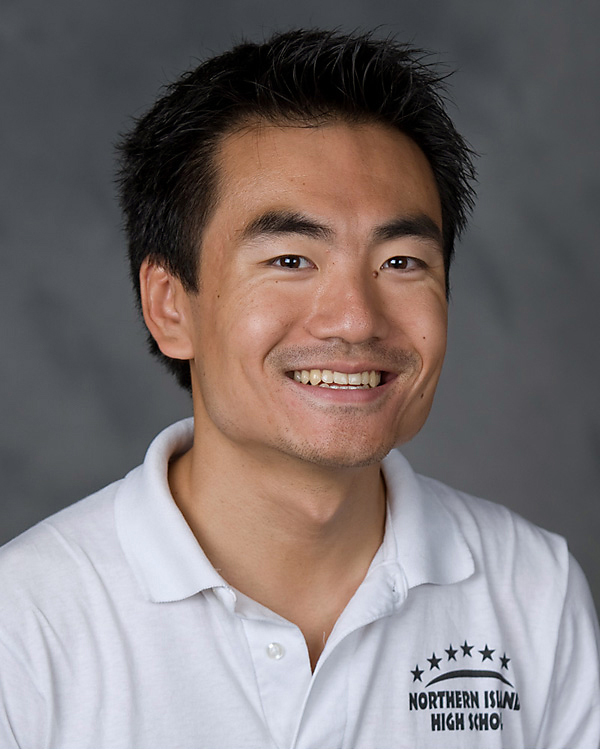
After graduating from college, I spent the next three years of my life in the Republic of the Marshall Islands, a small Pacific Islands nation of roughly 55,000 people. I taught English and government, and was the college counselor at a local high school. Upon returning to the United States, I moved to Seattle and became a Program Advisor for a local non-profit organization. For two years, I worked to improve college access for low-income, immigrant, and refugee students. These experiences forced me to critically evaluate the role of education. Should it be required of all people in all places? Should it be uniform? Is education contributing to a depreciation of native identities and culture?
I studied international education so I could begin to answer these questions. I chose Stanford University's program because the MA paper requirement allowed me to pursue an independent research project. After all, how else would I be able to study education and neocolonialism in the Marshall Islands? SUSE's faculty was well-equipped to help me explore my interests, and my advisor in particular was very supportive of my goals and ideas. In fact, SUSE faculty were so helpful that my MA paper was recently accepted for publication in an edited volume about study abroad and voluntourism. I also greatly appreciated that SUSE required me to enroll in both research methods courses and theoretical content courses. This combination of developing practical skills and learning new concepts made me a more versatile student and educator.
Upon completing my degree, I became an Evaluation Specialist at Pacific Resources for Educational and Learning. I am currently a Researcher at the Pacific Center for Changing the Odds in Honolulu, HI, operated by Mid-Continent Research for Education and Learning. My responsibilities include conducting research studies about education in the Pacific, evaluating educational programming in the Pacific, and providing technical assistance to Pacific educators.